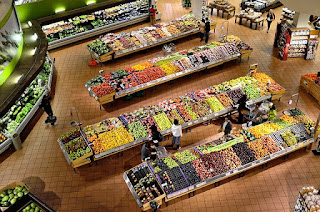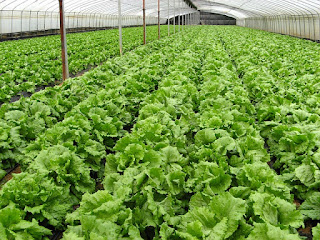Search This Blog
100% natural diet supplements to enhance your health. Information backed by science on natural plants and herbs that fight cancer, obesity, heart disease, and diabetes. Helping you to stay fit and healthy, feeling your best. How organic farming can change the world, helping to end premature death from poor nutrition. Dental health relates to your nutritional habits, very important resources to keep your teeth healthy. Eye health resources and information.
Posts
Showing posts with the label organic food
Properly Managed Organic Farms Changes the World
- Get link
- X
- Other Apps


